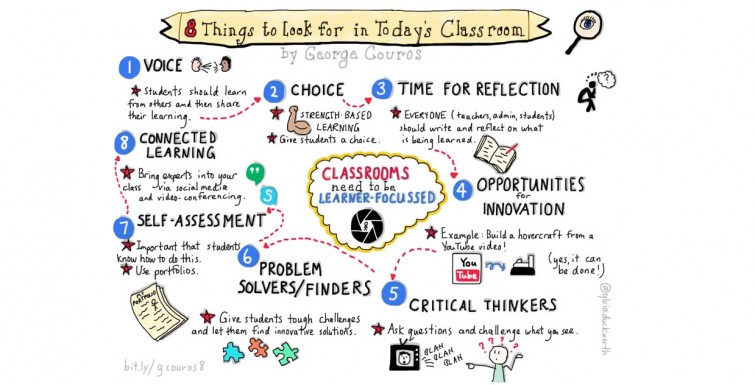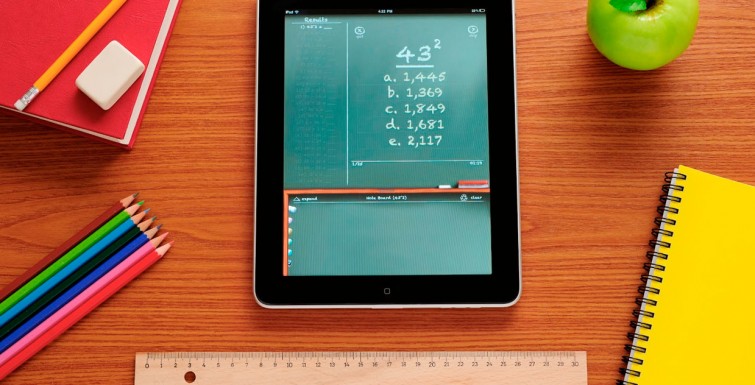New technology should serve as a tool for a better education, though the human being should always remain at the center, visiting Bavarian Education Minister Ludwig Spaenle said on Monday.
Technology should act as a “servant or tool at the heart of the education process,” Spaenle said, speaking during a panel discussion on the “Technological Revolution in Higher Education” at the Herzliya Conference In future, higher education will depend on one’s ability to sift through the “worldwide ocean of knowledge and choose the way,” he added.
The session focused on how the education system will evolve to incorporate technology. A short film was screened ahead of the discussion depicting “the future classroom,” in which students’ desks are interactive 3D computers and smartphones are used as basic learning tools.
Dr. Ayelet Ben-Ezer, vice president for student affairs at the Interdisciplinary Center Herzliya and panel chairwoman, said Generation Y, born after 1980, was the most educated age group, immersed in technology, though at the same time also narcissistic and facing higher rates of unemployment than any prior generation.
Today, students take a more practical approach to academia, abandoning the humanities and trying to pursue applied degrees that will provide financial stability, Ben-Ezer added.
Prof. David Passig of Bar-llan University, a futurist and a member of the Israel National Council for Research and Development at the Science, Technology and Space Ministry, said the newest trend in higher education was “anti-disciplinary study,” in which students study contrasting subjects such as philosophy and computer science, as opposed to the multi-disciplinary study of similar fields such as economics, business administration and accounting.
According to Passig, an ideal future would include a mandatory bachelor’s degree, or to a lesser extent a first year of study, in the humanities, with students pursuing high-demand scientific fields in the following years.
Meir Brand, managing director of Google Israel for Greece and sub-Saharan Africa, agreed, saying that today, industry is much more interested in the “tools and abilities” of students, rather than the “content of their studies.” His ideal future would include the study of both humanities and STEM – science, technology, engineering and mathematics – subjects.
However, Gila Ben-Har, CEO of the Center for Educational Technology, said that despite the need for science and technology education, there are very few teachers with the expertise to teach these subjects, fewer students studying science and math, with even fewer pursuing a teaching degree in these areas.
According to Ben-Har, the future virtual classroom should enable the best educators to teach a variety of subjects, including STEM to students via the use of advancing technology.
The panel addressed the rising costs of higher education, especially in the United States where the average tuition per year stands at some $42,000.
Shai Reshef, founder and president of the University of the People, the world’s first accredited, tuition-free online university, said “frontal learning” was a privilege that is afforded to few, but the virtual classroom provides access to education for those who would otherwise be unable to afford it.
According to Reshef, the University of the People serves as a possible model for future education, with students from around the world using technology to study together via the virtual classroom and pursue higher education degrees.
The panel questioned whether the inevitable incorporation of technology would replace human interaction.
Ben-Har said technology should serve to “complement studies and not replace the personal touch.” Rather, she said, universities need to evolve to incorporate small classrooms and lecture halls, as well as virtual classrooms and computer laboratories.



